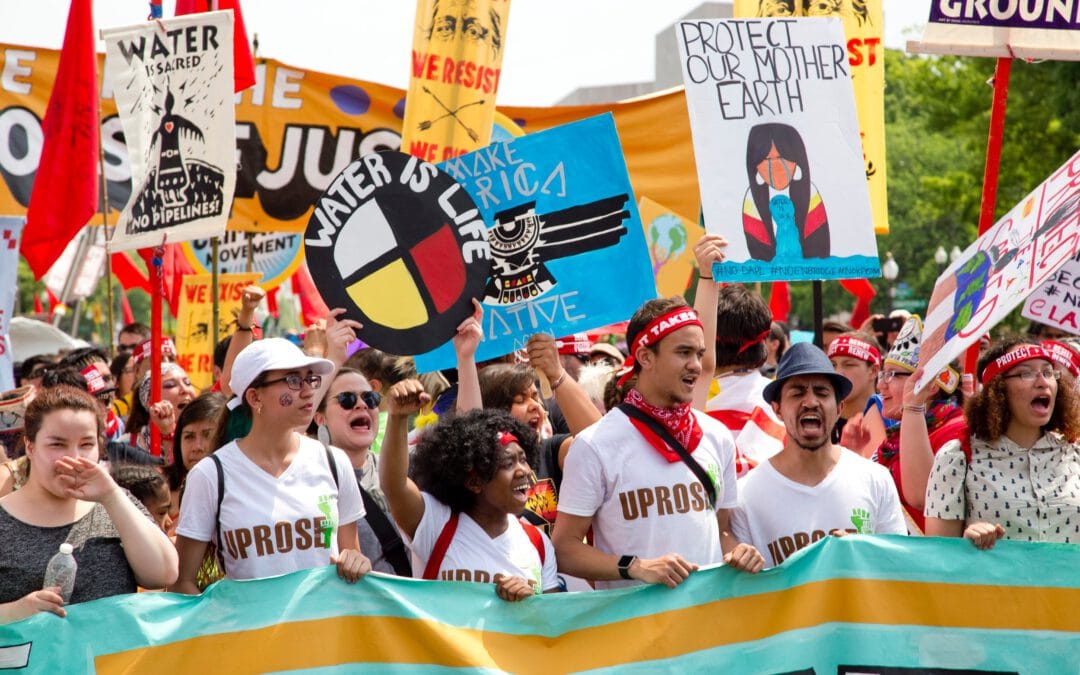The Political Campus
The recent mid-term election further illuminated the political spectrum of our country and college-aged voters turned out in record numbers. With the highest turnout in 25 years, voters between the ages of 18-29 took to the polls and influenced multiple local elections. Of course, colleges and universities have historically been hubs of political activism and burgeoning social movements. Recent surveys show that the role of activism on campus is increasingly becoming important to potential applicants. In a November 5, 2018 op-ed piece on Inside Higher Ed, Scott Jaschik explains that “[f]or increasing numbers of high school students, colleges’ political character matters.” In fact, women’s colleges are seeing historic numbers of applicants as the #MeToo movement has taken hold. Students aren’t just gravitating toward schools where their political values will be nurtured and encouraged, but students have been known to avoid campuses that fail to respond to pressing political issues; the University of Missouri saw a decline in enrollment following the widely publicized race protests in 2015. Students have not been this politically vocal or engaged for decades and the political climate of campuses is becoming an important criteria for college selection. Of course, this climate is difficult to gauge from visiting a college website or a College Ranking Guide. Students need to be more proactive in their vetting of potential schools. They need to visit campuses, talk to students, attend on-campus events, follow social media, and keep up with headlines. Students need to research the colleges on their list the same way they research a candidate on the ballot.

